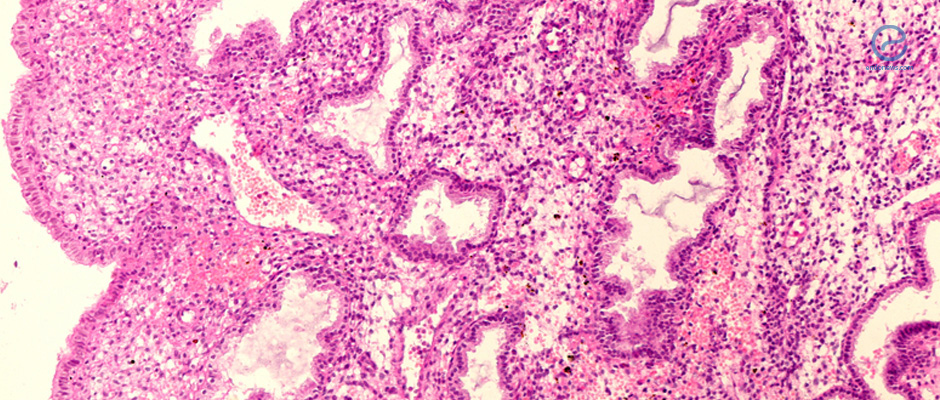Vitamin A interrupts epithelial-mesenchymal transition in endometriosis
The mechanism underlying the endometriosis formation is still not clear. Recent studies are focusing on the effect of retinoic acid and IL6 on epithelial-to-mesenchymal transition (EMT). In the study conducted by Luyi Li et al, the researchers also questioned the…
Key Points Lay SummaryA new target for the treatment of endometriosis?
Endometriosis affects around 10% of women in reproductive age, estimating more than 176 million women worldwide. Inflammation in the pelvic cavity is very common in endometriosis patients. Therefore, there are high concentrations of cytokines and immune cells in the peritoneal…
Key Points Lay SummaryThe use of retinoic acid for the treatment of endometriosis
Endometriosis is one of the leading causes of chronic pelvic pain in women during their childbearing years. Several drugs have been researched to either reduce inflammation, decrease growth, or kill endometriotic cells. Retinoic acid (Vitamin A) is one such molecule…
Key Points Lay SummaryRetinoic Acid and Beclin1 Play an Opposite Role in Endometriosis Development
In their paper titled “Retinoic acid regulates endometriotic stromal cell growth through upregulation of Beclin1,” Lu et al. seek to elucidate the mechanism that drives endometriosis disease progression. Retinoic Acid (RA) is a vitamin A metabolite responsible for regulation of…
Key Points Lay SummaryRetinoic Acid Signaling Involved in Endometrial Decidualization
Decidualization occurs in the eutopic endometrium during the luteal phase and is controlled by signaling pathways such as cyclic adenosine monophosphate (cAMP) and progesterone. Researchers from the Northwestern University School of Medicine reported in their recent paper entitled "Altered Retinoid…
Key Points Lay Summary
 By Bahar Yuksel
By Bahar Yuksel

 By Dr. Youngran Park
By Dr. Youngran Park

 By Murat Osman
By Murat Osman

 By Kasthuri Nair
By Kasthuri Nair
